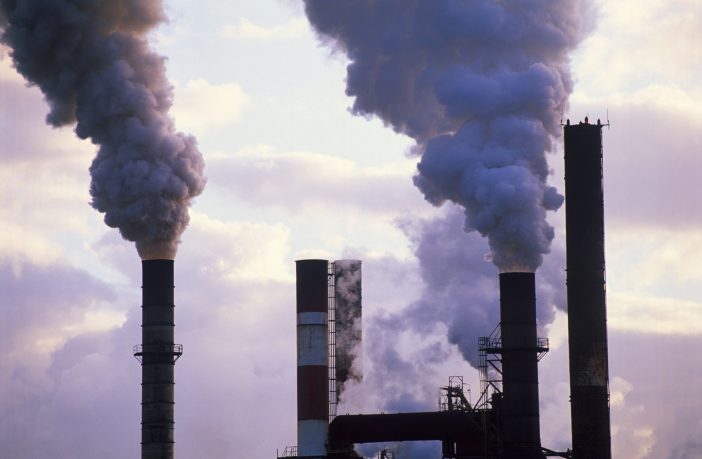- South Africa’s Department of Mineral Resources and Energy (DMRE) has published the Draft Framework for the Development, Assessment and Approval of Domestic Carbon Offset Standards for public comment from 27 January to 28 February 2022.
South Africa introduced a Carbon Tax in June 2019 as part of a package of policy measures to help achieve the Cabinet approved Nationally Determined Contribution commitments submitted under the global Paris Agreement.
To assist industries to transition their activities and shift to sustainable and low carbon practices in a cost-effective manner, a carbon offset tax free allowance is provided to companies under the Carbon Tax Act (No 15 of 2019) to help reduce their carbon tax liability and encourage additional investments in eligible low-carbon offset projects.
Carbon offset projects developed under three international carbon offsets standards, namely the Clean Development Mechanism (CDM); Verified Carbon Standard (VCS) and Gold Standard (GS) are eligible for use by companies to reduce their carbon tax liability. Under Regulation 1(d) of the Carbon Offset Regulations, provision is also made for the development of carbon offset projects under another standard including local carbon offset standards approved by the Minister Responsible for Energy or delegated authority.
It is therefore against this background that a framework that will enable the Minister or delegated authority is developed to guide a robust and fair process of approving such standards to be eligible as carbon offsets standards.
To this effect, the DMRE together with National Treasury embarked on a project to develop and test a framework to guide the development, assessment, and approval of potential eligible domestic carbon offset standard(s) in addition to the three identified international carbon standards under the South African carbon offset programme.
The draft framework sets out the requirements, criteria for selection, evaluation and approval of domestic standards to complement the three international standards while balancing government’s interests in protecting the integrity of its GHG emissions mitigation objectives.
The draft framework is based on a set of key principles and objectives, including those that are broadly applicable to all international and domestic offsets and set criteria which encompasses governance and administration; environmental integrity; and social, economic and environmental effects.
The draft framework sets out the following:
- Underlying principles and goals for the development of offset standards;
- Necessary components of a candidate offset standard;
- The evaluation criteria to be applied by the framework;
- Process by which the framework can be implemented, including the composition of the Technical Committee responsible for its application; and
- Application of the framework to the three approved international offset standards.
Stakeholders are invited to submit comments on the draft framework to help ensure that the implemented local standards framework minimises the administrative burden it places on project developers, standard developers, government administrators, and other stakeholders and participants.
The Draft Carbon Offset Standard Assessment Framework is accessible on:http://www.energy.gov.za/files/esources/kyoto/2022/Draft-Framework-for-Approval-of-Domestic-Standards-for-Public-Comment.pdf
The draft framework is also available on the Carbon Offset Administration System (COAS) website:www.carbon.energy.gov.za
Written comments should be submitted to Mr Takalani Rambau, email: Takalani.Rambau@dmre.gov.zaand copy Mr Daniel Modise, email: Daniel.Modise@dmre.gov.za. Comments should be submitted by close of business on 28 February 2022.
Author: Bryan Groenendaal















